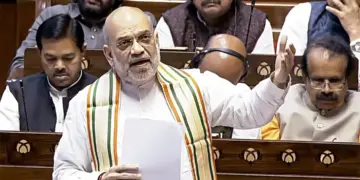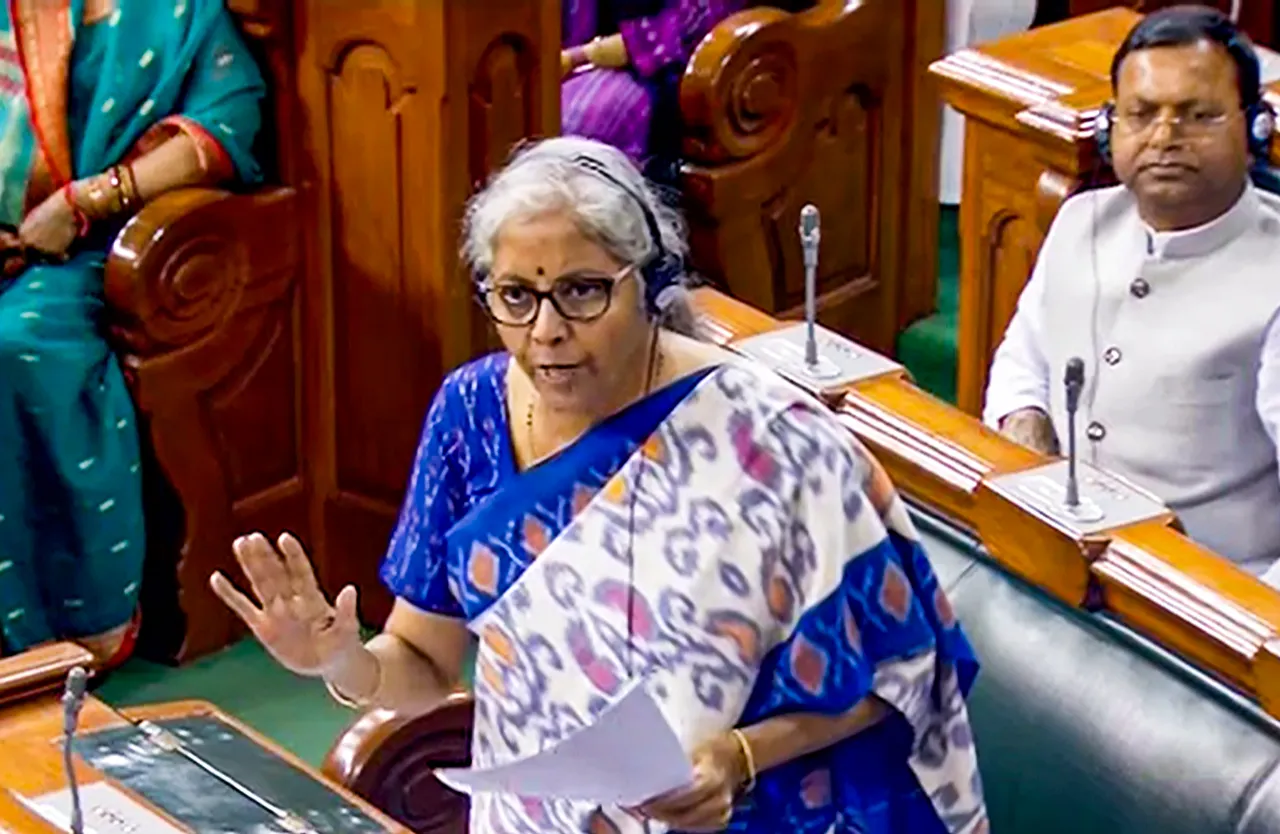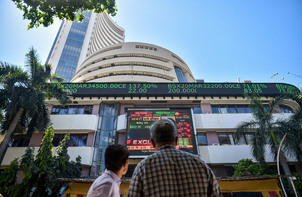London: Leading Indian business tycoons on Thursday hailed the India-UK free trade agreement as a “transformational milestone” to deepen economic engagements between the two countries.
Businesses across both countries are set to “gain tremendously” from the deal, Sunil Bharti Mittal, Founder and Chairman of Bharti Enterprises, said.
“Indian industry across all sectors welcomes the India-UK FTA with great optimism. This agreement establishes a modern, forward-looking partnership that will stimulate innovation, ease market access, and foster investment,” said Mittal.
The business tycoon is also Co-Chair of the India-UK CEO Forum.
Businesses in India as well as the UK stand to gain tremendously, as it lays the groundwork for scaling up bilateral cooperation across key growth sectors,” he said.
Once implemented following British parliamentary ratification, CETA is expected to reduce trade barriers, enhance investor confidence, and promote joint ventures and technology transfers, especially in labour intensive sectors like textiles and apparel, leather and leather goods, gems and jewellery, marine products, among others.
The agreement will provide a strong framework for unlocking new opportunities in clean energy, digital technologies, life sciences, and advanced manufacturing.
India’s rapidly growing market and manufacturing capabilities, combined with the UK’s strengths in innovation, finance, and high-end services, will further accelerate bilateral economic relations, the Confederation of Indian Industry (CII) said.
Another key benefit of the FTA is a reciprocal Social Security Agreement, allowing Indian professionals in the UK to continue home country contributions for up to three years.
“CII has been a longstanding advocate for a comprehensive and forward-looking India-UK Free Trade Agreement. This FTA marks a defining moment in our bilateral relationship, reflecting a shared commitment to inclusive growth, economic resilience, and industrial transformation,” said Chandrajit Banerjee, Director General of CII.
“It creates a strong foundation for deeper market access, regulatory cooperation, and next-generation partnerships between Indian and UK businesses,” Banerjee added.
Kirit Bhansali, Chairman of the Gem & Jewellery Export Promotion Council (GJEPC), described the trade deal as a “landmark accord” that unlocks exciting new opportunities for the country’s gem and jewellery sector.
“Currently, exports to the UK stand at USD 941 million; with the duty concessions in place, this figure is poised to surge to USD 2.5 billion within the next three years, elevating overall bilateral trade in our sector to an estimated USD 7 billion,” said Bhansali.
On the UK side, the Chief Executive Officer of Rolls-Royce Plc was among those welcoming the “landmark” in bilateral cooperation.
“Rolls-Royce is growing its aerospace capabilities in India, and we look forward to working with Indian partners to co-develop power and propulsion technologies for India and the world, building on 60 years of successful technology transfer. This will unlock benefits of job creation, technology development and manufacturing growth,” said Tufan Erginbilgic.
Nik Jhangiani, Interim Chief Executive, Diageo, welcomed the slashed tariffs in the alcohol sphere from 150 per cent to 75 per cent, with a further drop to 40 per cent in the long run.
“This agreement marks a great moment for both Scotch and Scotland, and we’ll be raising a glass of Johnnie Walker to all those who have worked so hard to get it secured,” said Jhangiani.
Jean-Etienne Gourgues, Chivas Brothers Chairman and CEO, added: “Signature of the UK-India FTA is a sign of hope in challenging times for the spirits industry. India is the world’s biggest whisky market by volume and greater access will be an eventual game changer for the export of our Scotch whisky brands, such as Chivas Regal and Ballantine’s.
“The deal will support long-term investment and jobs in our distilleries in Speyside and our bottling plant at Kilmalid and help deliver growth in both Scotland and India over the next decade. Let’s hope that both governments will move quickly to ratification so business can get to work implementing the deal.”




